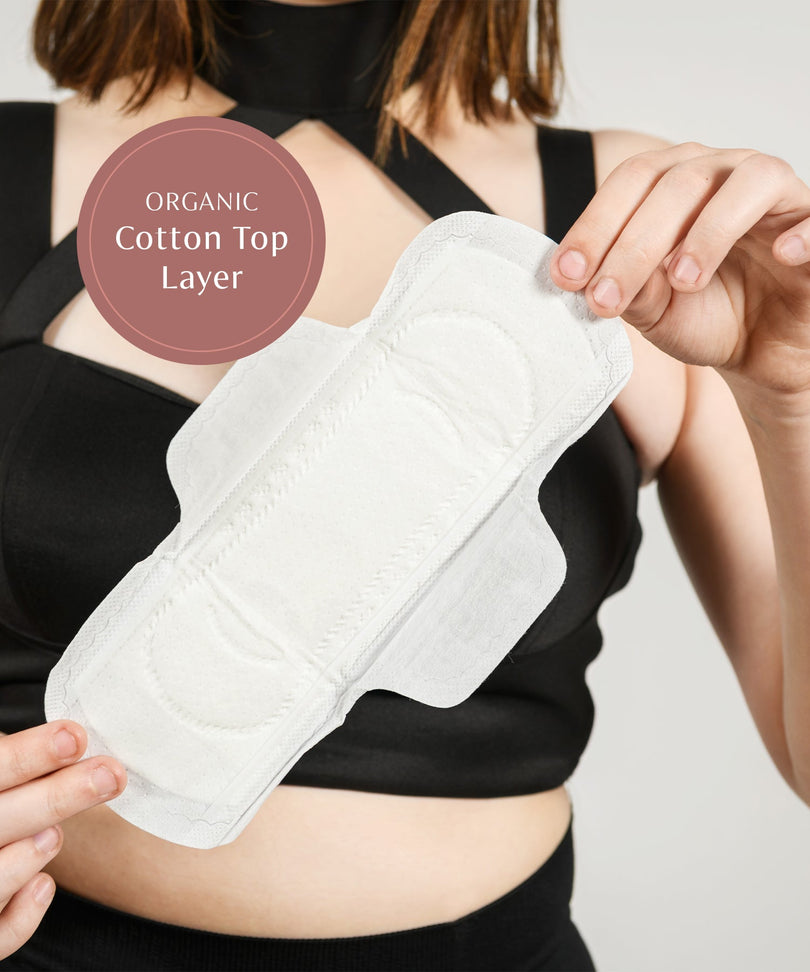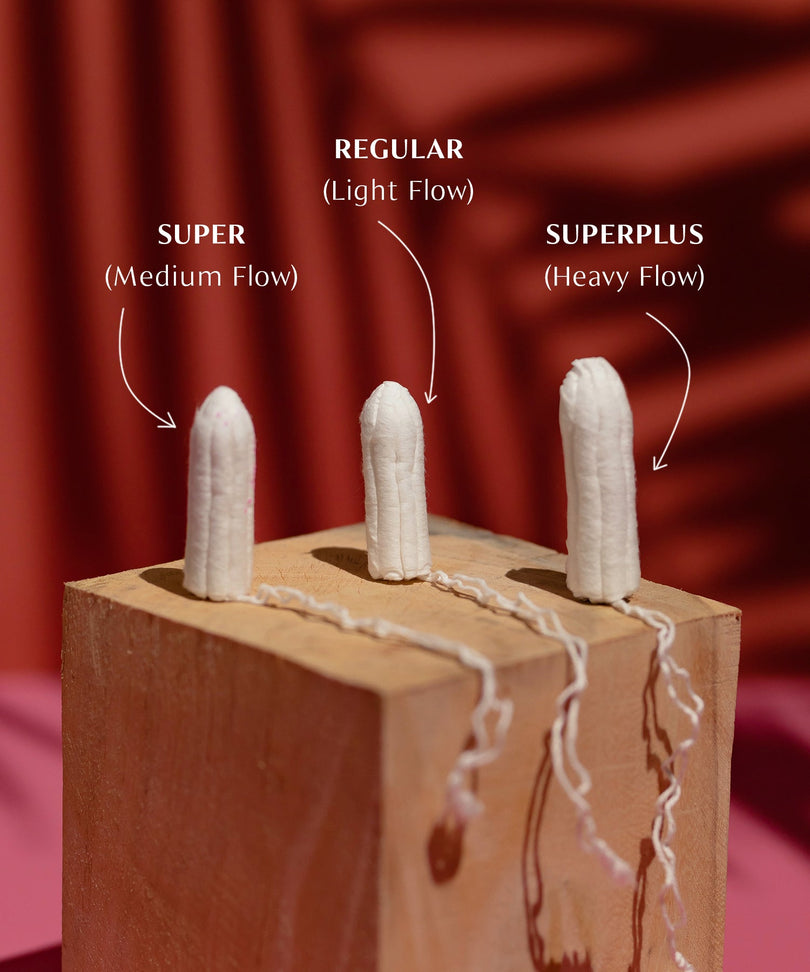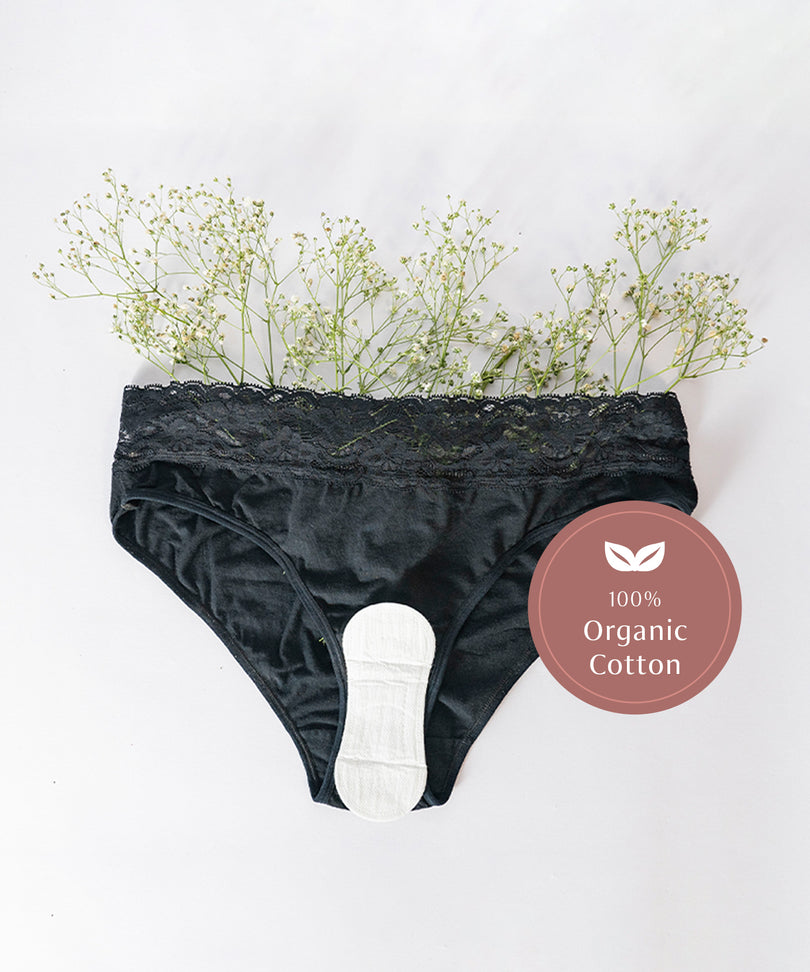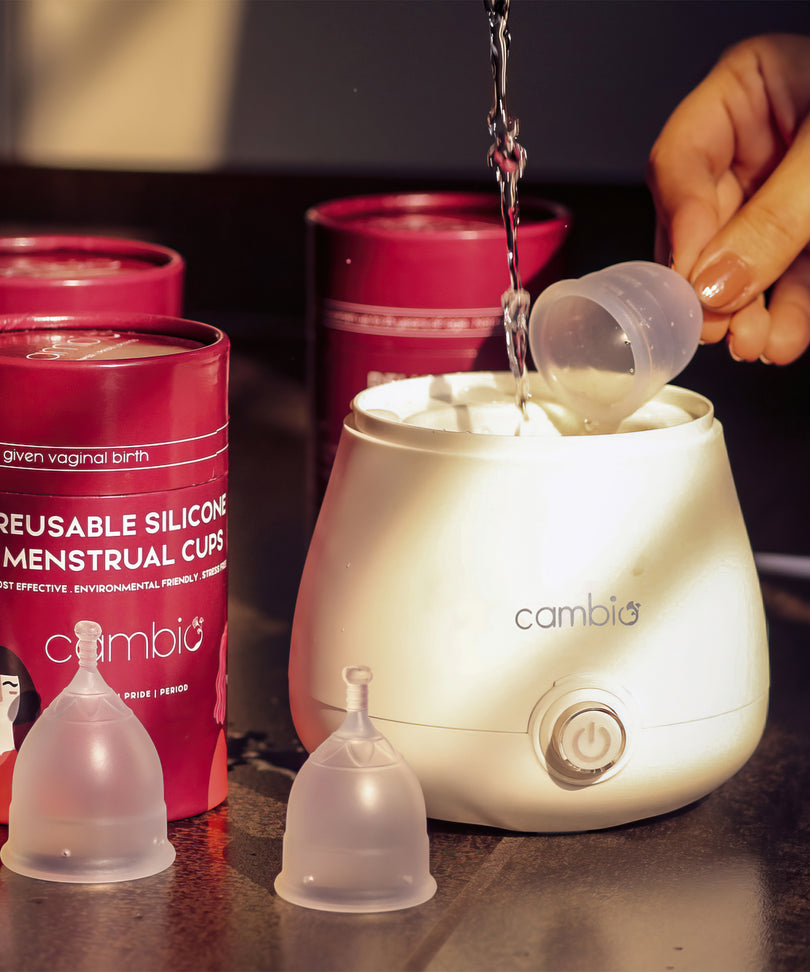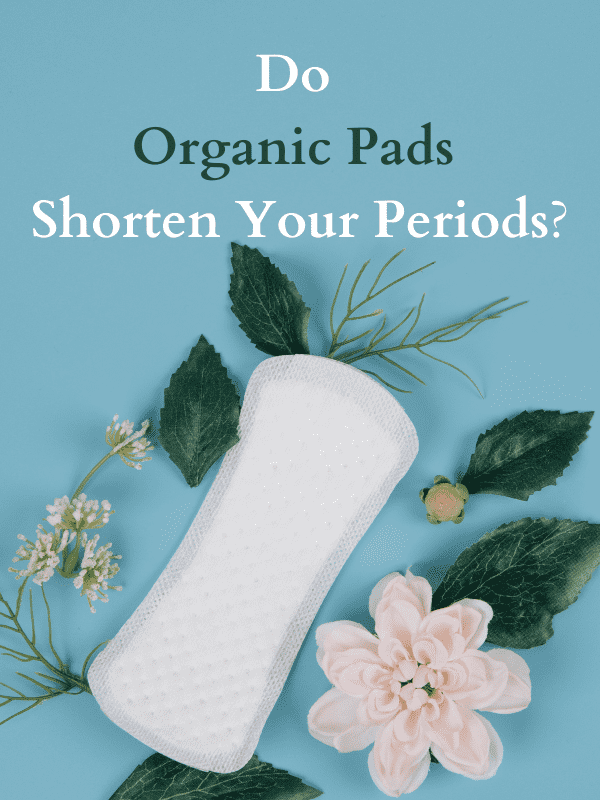Yes, it is generally safe for most women to donate blood during their periods. Menstruation is a natural process controlled by hormones, primarily estrogen and progesterone. During this time, the body releases blood and tissue from the lining of the uterus, which is then expelled from the body.
The blood that is donated comes from a different part of the body, typically from a vein in the arm. The blood in our veins is not the same as the blood released during menstruation. Menstrual blood is from the uterus, while the blood in our veins is part of the circulatory system.
Blood donation centers assess donors' eligibility based on general health criteria, such as hemoglobin levels, overall health, and risk factors for infectious diseases. Having a period does not inherently affect the quality or safety of the blood donation.
Also read: Do organic pads help with cramps?
Is It Safe To Donate Blood During Periods?
Yes, donating blood during periods is generally safe from a physiological standpoint. Menstruation itself does not pose a significant risk to the donor or the recipient of the donated blood. The blood collected during donation goes through rigorous testing and processing to ensure its safety for medical use.
However, some women may experience period cramps, discomfort, or mild weakness during their periods. These symptoms can be due to hormonal fluctuations and the physical process of menstruation.
While the act of donating blood doesn't directly impact menstruation, it may exacerbate discomfort in some individuals. For this reason, some blood donation centers may prefer that donors are feeling well and are not experiencing severe symptoms during their periods.
From a scientific perspective, the safety of blood donation during menstruation is more related to the donor's individual health and comfort level during that time. If someone is feeling unwell or experiencing significant discomfort, they may choose to defer their blood donation until they feel better.
It's essential for individuals to listen to their bodies and communicate any health concerns with the medical staff at the blood donation center. The decision to donate blood should be made based on individual health and wellbeing, regardless of whether one is menstruating or not.
Also read: Can organic pads cause irritation?
Polycystic Ovary Syndrome (PCOS) and Blood Donation
PCOS is a common hormonal disorder that affects women of reproductive age. It is characterized by imbalances in reproductive hormones, leading to various symptoms like irregular periods, cysts in the ovaries, and sometimes difficulty getting pregnant.
When it comes to blood donation, PCOS alone does not automatically disqualify someone from being a blood donor.
However, there are certain considerations to keep in mind:
-
Hemoglobin Levels: Hemoglobin is a protein in red blood cells that carries oxygen throughout the body. Blood donation centers typically check donors' hemoglobin levels to ensure they are within the acceptable range. Some women with PCOS may experience heavy or prolonged menstrual bleeding, which could potentially lead to lower hemoglobin levels. If hemoglobin levels are too low, it might temporarily disqualify someone from donating blood.
-
Medications: Some women with PCOS may take medications to manage their symptoms, such as hormonal contraceptives or other treatments. Blood donation centers may have specific guidelines regarding the eligibility of individuals taking certain medications. It's essential to inform the donation center staff about any medications being taken.
-
Health and Well-being: As with any blood donation, the overall health and well-being of the donor are crucial factors. Women with PCOS should assess how they feel on the day of the donation. If they are experiencing significant discomfort or symptoms related to PCOS, it might be better to defer the donation to another time when they feel better.
-
Iron Levels: Some women with PCOS may have a higher risk of iron deficiency due to factors such as heavy menstrual bleeding. Blood donation can lead to a temporary decrease in iron levels. While this is generally not a problem for most donors, women with PCOS and known iron deficiency should be cautious and might need to discuss this with their healthcare provider.
In summary, having PCOS does not automatically disqualify someone from being a blood donor. It is essential to communicate openly with the medical staff at the blood donation center and follow their guidelines to ensure a safe and successful blood donation.
If there are any concerns or uncertainties, it's best to consult with a healthcare professional for personalized advice.
Also read: Can You Wash Your Hair During Periods?
Check List: Donating Blood While on Periods
Certainly! Here's a checklist for donating blood while on periods:
1. Check Eligibility: Ensure you meet the general eligibility criteria for blood donation. This typically includes age, weight, overall health, and any medical conditions. Menstruation, by itself, does not disqualify you from donating blood.
2. Health Assessment: Assess how you feel on the day of the donation. If you are experiencing severe discomfort, pain, or other symptoms related to your period, consider postponing the donation until you feel better.
3. Hemoglobin Levels: Know your hemoglobin levels. Blood donation centers usually check hemoglobin levels before donation. Heavy menstrual bleeding could potentially lead to lower hemoglobin levels, which might temporarily disqualify you from donating.
4. Medications: Inform the blood donation center staff about any medications you are taking, including hormonal treatments for period-related issues or other medical conditions.
5. Iron Levels: If you have a history of iron deficiency or know that you are prone to it, consider discussing with your healthcare provider before donating blood, as blood donation can temporarily decrease iron levels.
6. Fluid Intake: Stay well-hydrated before and after donation. Drinking plenty of fluids can help make the process smoother and alleviate any potential side effects.
7. Sanitary Products: Wear appropriate sanitary products, such as organic sanitary pads or cotton tampons, during the donation process to ensure comfort and hygiene.
8. Communication: Be open and honest with the medical staff at the blood donation center about your menstrual cycle. They can provide guidance and address any concerns you may have.
9. Rest: Get adequate rest before and after donating blood to help your body recover.
10. Post-Donation Care: After donation, continue to hydrate and take care of yourself. Avoid strenuous activities for a few hours and follow any post-donation instructions provided by the staff.
Remember that blood donation centers prioritize the safety and well-being of both donors and recipients. If you have any doubts or questions about donating blood during your period, it's best to communicate with the medical staff at the donation center or consult with a healthcare professional for personalized advice.
More to read:
Can sex make your period come early?
Why you've got to stop using scented sanitary pads?
Benefits of chlorine free pads

